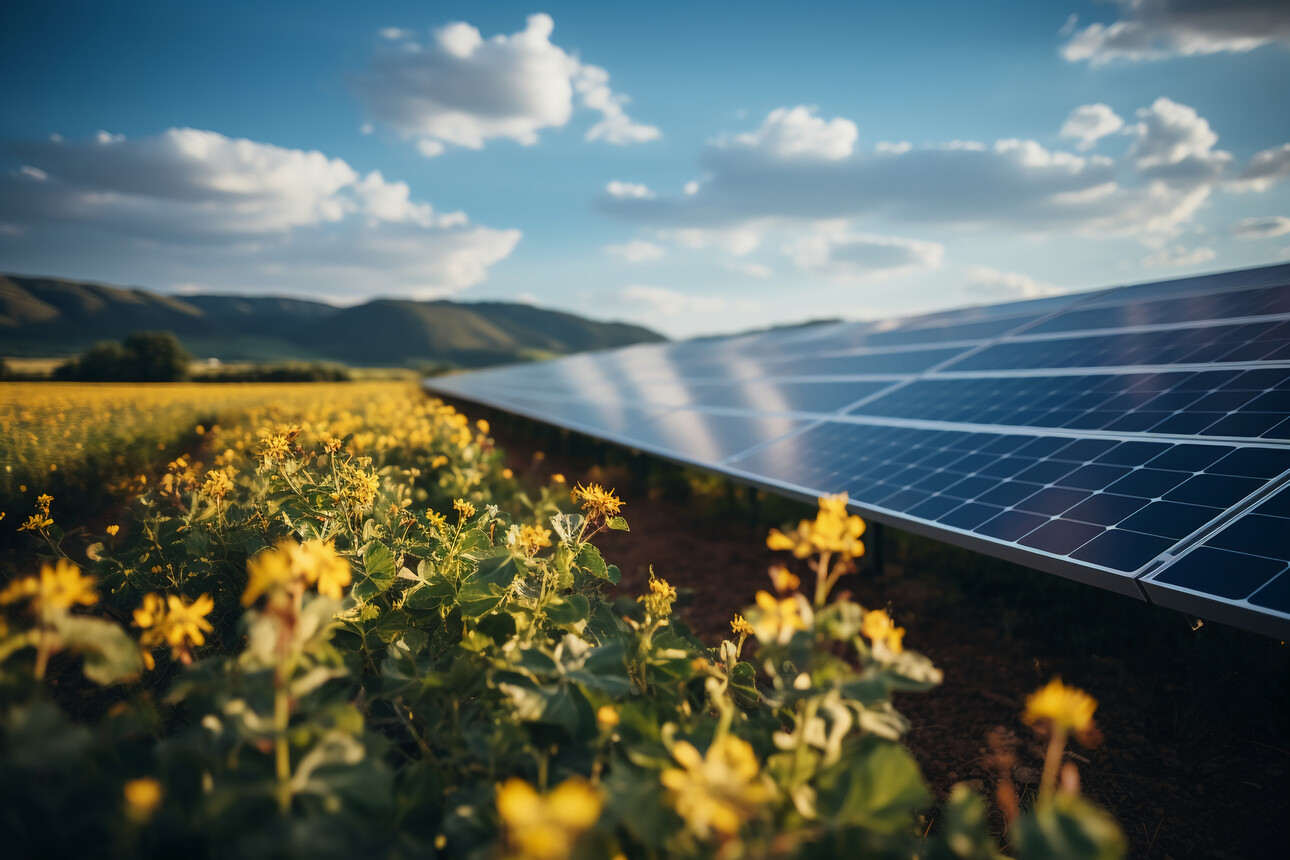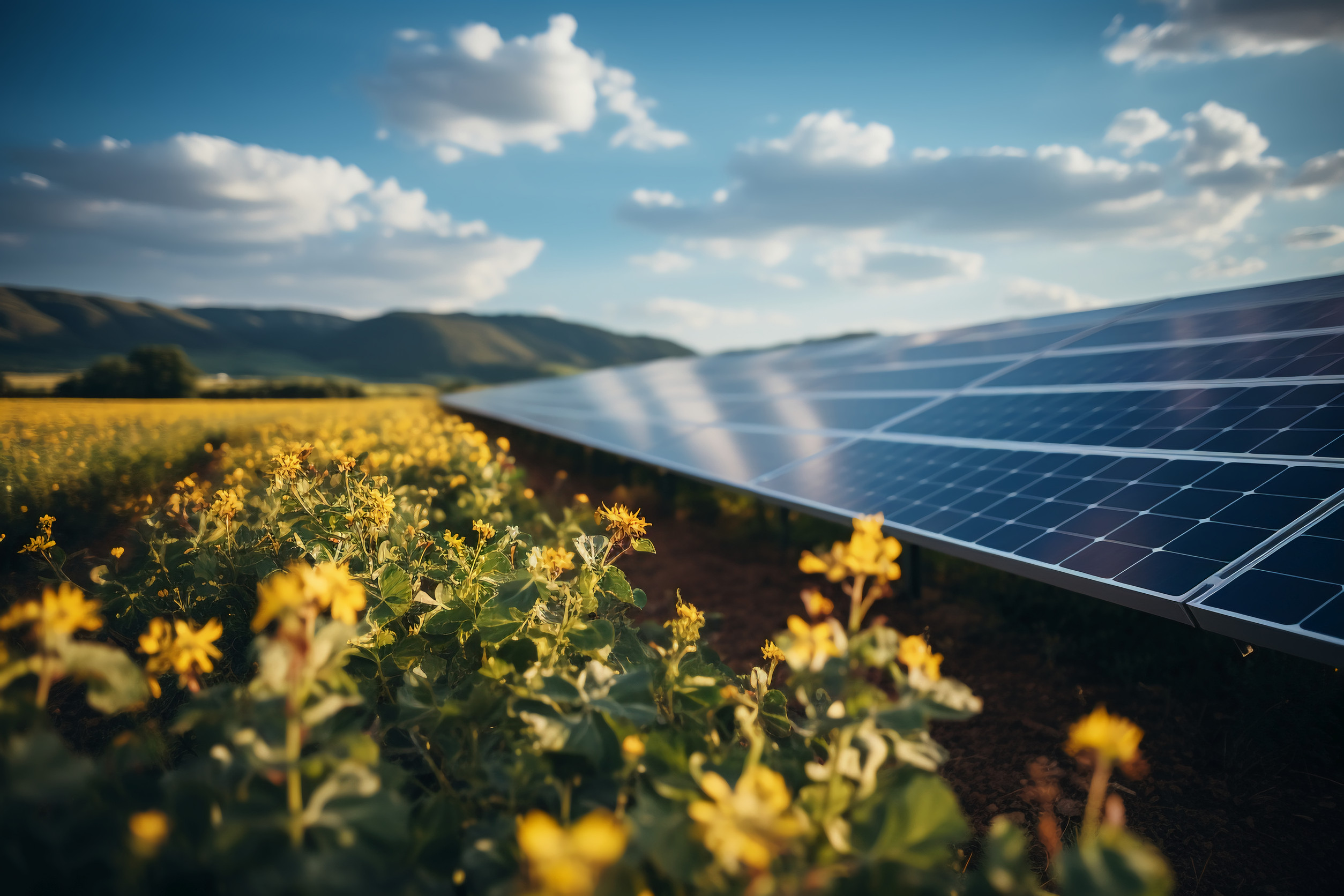
Solar farms are an effective solution to today's energy and environmental challenges. These large-scale installations offer numerous advantages, both ecological and economic. Here are the main advantages of photovoltaic power plants, which are transforming the energy landscape.
Solar farms use solar energy, an inexhaustible and non-polluting resource, to generate electricity. The technology generates clean energy with no direct greenhouse gas emissions during operation. Photovoltaic power plants play a crucial role in combating climate change and improving air quality by reducing CO2 emissions.
Large-scale solar power generation is a sustainable alternative to fossil fuels. It plays an active part in diversifying the energy mix and in the transition to more environmentally-friendly energy sources. Solar farms are therefore perfectly in line with the carbon neutrality targets set by many countries. You can work with Ferme Solaire to develop your solar farm.
One of the major advantages of solar farms is their low operating costs. Once installed, the plants require little maintenance or running costs. As solar energy is free and inexhaustible, there are no fuel supply costs, unlike with conventional thermal power plants.
The profitability of solar farms has improved considerably in recent years. According to the Commission de Régulation de l'Énergie, the rate of return on a photovoltaic farm is between 2.14% and 5.56% over 20 years. This financial attractiveness is attracting more and more investors, and is driving the rapid development of the solar industry.
Solar farms offer a unique opportunity to make the most of little-used or unused land. They can be installed on brownfield sites, former landfill sites or low-yield agricultural land. The judicious use of space can breathe new life into neglected areas and preserve productive farmland.
Agrivoltaics, which combines agricultural production with solar power generation, is enjoying a boom. This innovative approach enables farmers to diversify their income and maintain their main activity. Solar panels can even benefit crops, providing shade and protection from extreme weather conditions.
Solar farms produce electricity locally and reduce dependence on imported fossil fuels. Greater energy autonomy increases the security of electricity supply and reduces vulnerability to fluctuations in the price of fossil fuels on international markets.
The decentralised production of solar-generated electricity also reduces the losses associated with long-distance transmission. By bringing production closer to consumption, solar farms optimise the electricity grid and stabilise the energy supply.
Setting up a solar farm generates significant economic benefits for the local area. It creates local jobs, both for the construction and for the operation and maintenance of the facilities. Local authorities also benefit from additional income from taxes levied on the infrastructure.
For landowners, particularly farmers, leasing land for solar panels is a stable, long-term source of additional income. Revenues can reach between €1,000 and €5,500 per hectare per year over a period of 30 to 40 years, providing an interesting economic diversification.

The solar photovoltaic sector is undergoing continuous technological advances that are improving the efficiency and sustainability of solar farms. New solar panels offer higher yields and greater resistance to climatic conditions. Technological innovations optimise electricity production and reduce the environmental footprint of installations.
Research and development in the field of energy storage is also opening up new prospects for solar farms. The integration of high-capacity batteries means that production can be smoothed out and electricity supplied even when there is no sun, making the energy source even more reliable and flexible.
Solar farms are essential if we are to achieve our energy transition objectives. In France, installed capacity is expected to reach between 56 and 60 GW by 2030, requiring the installation of an additional 5.5 to 7 GW each year. This rapid growth reflects the importance of solar energy in the future energy mix.
The expansion of solar farms brings with it challenges, particularly in terms of grid integration and social acceptability. However, the benefits they bring in terms of clean energy production, job creation and local economic development make them an essential pillar in the transition to a sustainable energy future.